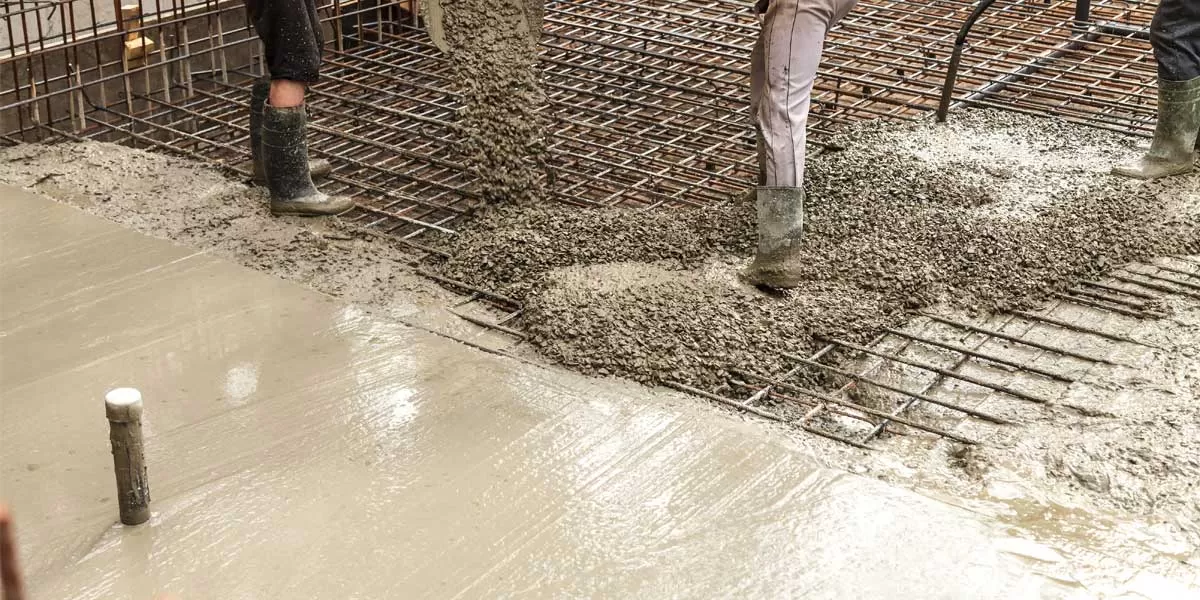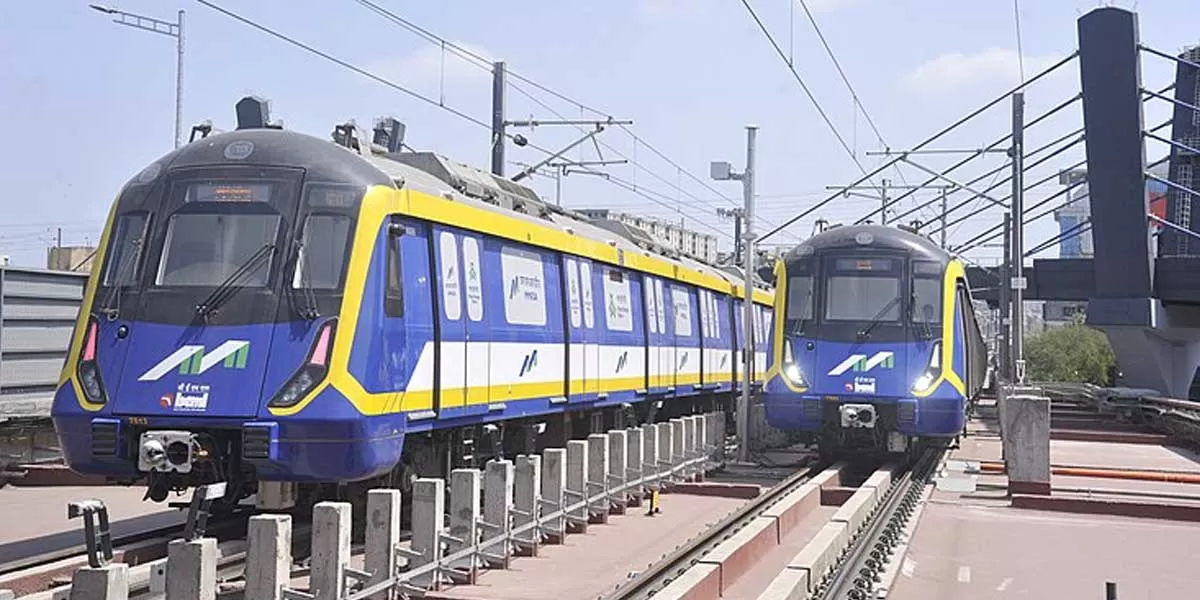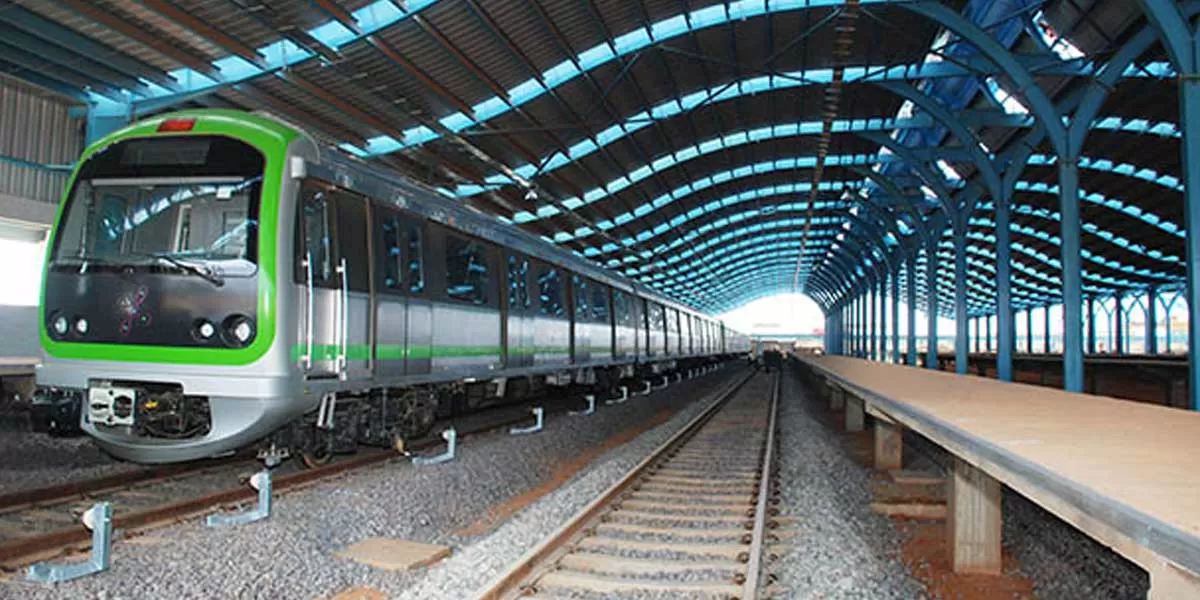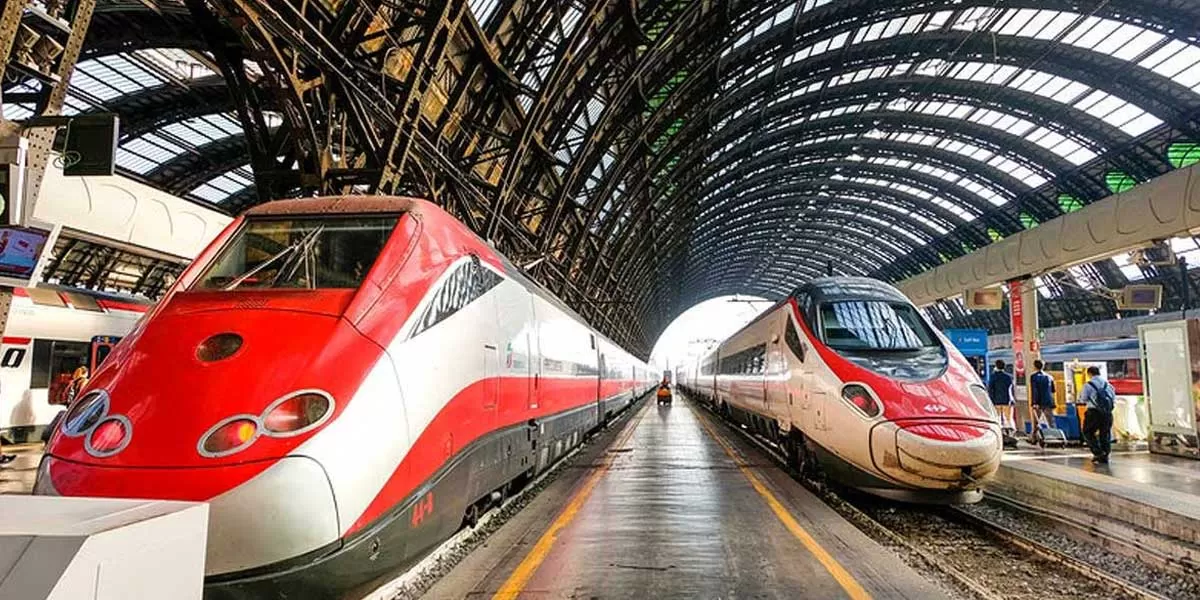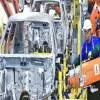Price volatility, quality consistency and sourcing reliability are the key challenges in sourcing cement, according to Prashant Jha, Chief Ready-Mix Concrete and Modern Building Materials Officer, Nuvoco Vistas Corp. “Cement price fluctuations can significantly impact pricing and profitability, while variations in cement quality can affect the strength, durability and workability of concrete. Additionally, inefficiencies in the logistics model of vendors can disrupt the production and delivery schedules of concrete.”
Buyers of ready-mix concrete (RMX) have the same concerns. CW spoke to a few industry stalwarts to understand why these concerns are arising and how best to address them.
Availability concerns
In the cement industry, the geographical location of the plant plays a big role and contributes significantly to the logistics cost as well as influences customer service and availability.
“Cement companies prefer to sell in a home market within a radius of 150-250 km around their production centres because the cost of logistics is very high in this industry, or in a market where contribution is highest with good demand,” observes Anil K Banchhor, Managing Director & CEO, RDC Concrete. “Where to supply cement depends on the contribution per metric tonne, demand in the market, ease of supply and production capacity, apart from home territory.”
Gaps in the availability of cement and RMX arise from supply chain disruptions, as well as issues such as transportation delays, logistical bottlenecks or disruptions in the supply of raw materials (like limestone for cement), believes Srikanth Srinivasan, Head Contracts and Procurement, Emaar India. “Limited production capacity due to outdated equipment, maintenance issues or insufficient investment in new plants can also restrict supply. Sudden spikes in demand, often driven by large construction projects or seasonal trends, sometimes outpace supply. Environmental regulations can limit the availability of raw materials or restrict the operation of production facilities. Economic downturns can lead to reduced production capacity or closures of production plants, while economic booms can lead to sudden increases in demand. Political instability, trade restrictions and tariffs can impact the import and export of cement and RMX. A lack of skilled labour can impact both the production and delivery of cement and RMX.”
The availability of cement is uniform except during the monsoons, when many cement companies take planned shutdowns for the major maintenance of their plant, adds Banchhor. “When a few companies in the same geographical location undergo major maintenance simultaneously, consumers face difficulties in supplies.”
“RMX delays can vary by location and the capacity of local suppliers, leading to potential delays or difficulties in obtaining the required quantity,” says Anil RG, Managing Director, Concorde. “Traffic, logistical challenges and other unforeseen circumstances can cause delays, which can disrupt construction schedules and potentially necessitate additional costs.”
Fulfilling supply
At a macro level, addressing supply gaps typically requires “coordinated efforts across the industry, including investments in infrastructure, improvements in logistics, regulatory adjustments, and economic policies that support steady growth,” opines Srinivasan.
At a micro-level, Sudhir Himatsingka, Vice President, Contracts & Procurements, Ambuja Neotia, recommends developing relationships with multiple suppliers and regularly evaluating their financial health and reliability. “We plan logistics, collaborate with reliable suppliers and use GPS tracking for real-time delivery information to help avoid delays and additional costs.”
Maintaining a buffer stock helps ensure continuity and reduce the impact of any single disruption, he advises. “For RMX, we place monthly orders as per our forecast and timely intimate (at least 48 hours before) suppliers for bulk casting. For cement, we keep a minimum 15 day’s buffer stock depending on the logistics time from ordering and/or local availability.”
“We have appointed a single vendor for our Concorde Auriga project’s entire concrete requirement,” says Anil. “We routinely do this for projects of all sizes, for those needing 50,000 cu m of concrete to those needing 100,000 cu m. Consolidating orders into a single work order helps negotiate a more favourable price, which is up to 5 per cent lower. Suppliers like this because it engages their entire capacity. Additionally, this strategic method simplifies project logistics by establishing a single point of contact for deliveries.”
Banchhor cautions that long-term contracts specifying firm prices only work out for single projects, and only certain brands entertain such deals.
“Nuvoco maintains a robust supply chain,” shares Jha. “For our RMX plants located in the North, East and West, we source cement internally from our strong market presence in these areas. This approach ensures that our high-quality cement and efficient supply chain optimally meet these RMX plants’ needs. In South India, we have established a strong vendor base, selected through stringent quality checks and reliable logistics models.”
Further, Himatsingka recommends staying updated on regulatory requirements and working closely with suppliers who comply with these standards, to avoid delays due to short documentation. “For instance, a ban on aggregate lifting can come into play during the monsoons and transit mixer movement restrictions are imposed during certain festivals, etc. Sometimes, the normal working hours don’t work. Then, we reschedule. Take precautions based on your earlier experiences.”
“Staying informed about market dynamics and trends, demand-supply patterns and upcoming changes in regulations or policies that may impact prices helps to make informed decisions,” agrees Anil. “A proactive approach ensures that we don’t get caught off guard by sudden price hikes and allows us to optimise project budgets.”
For this, Concorde’s procurement team is constantly in touch with RMX suppliers, industry associations and peers, and the company leadership. This dialogue keeps them ahead of the curve on price fluctuations, particularly for materials like cement with historically dynamic pricing. They monitor not just cement prices but also the costs of aggregates and admixtures.
Last but not the least, Himatsingka recommends leveraging technology and data analytics to forecast demand, manage inventory and optimise procurement processes; implementing clear contract management practices and conducting regular risk assessments; and investing in insurance policies to cover unforeseen events that could impact the supply chain.
